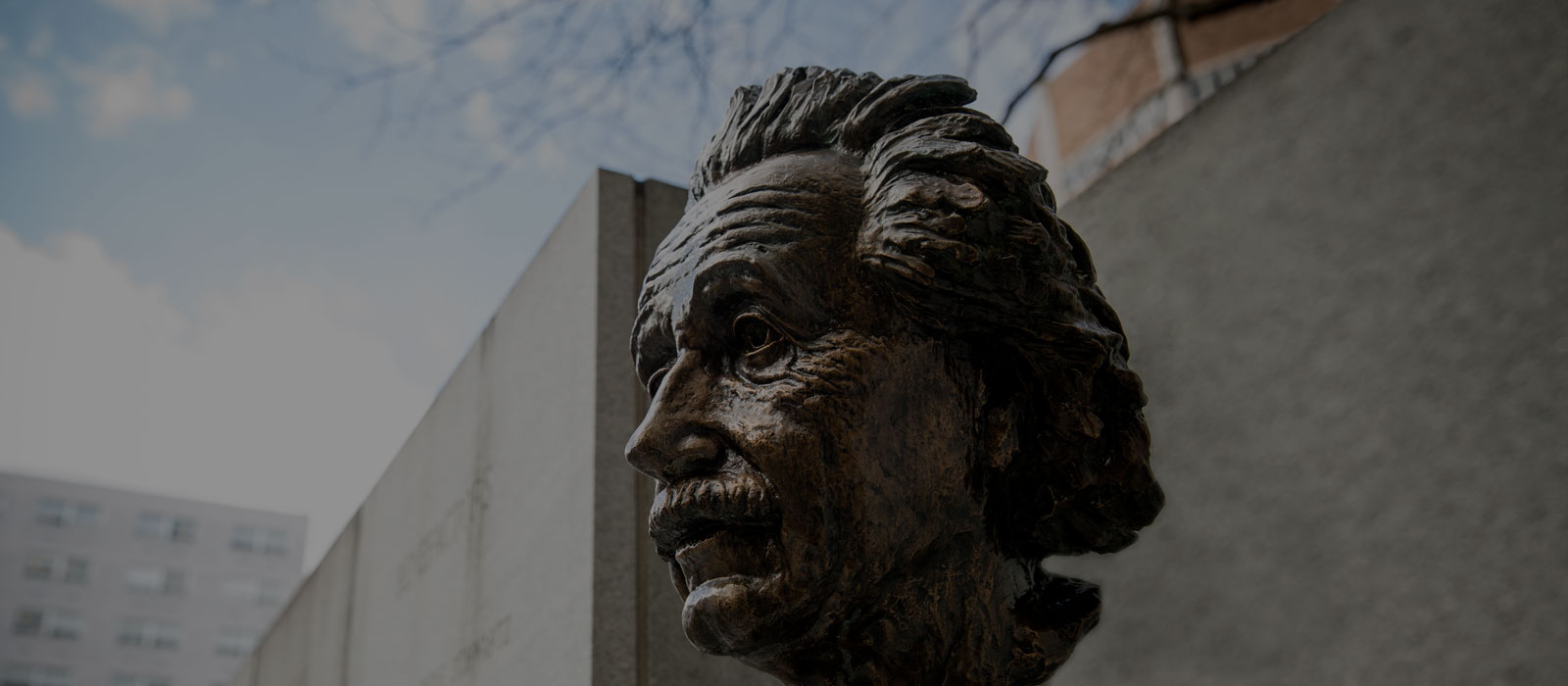Educación y capacitación
-
714
Estudiantes de medicina
-
221
Estudiantes de PhD
-
117
Estudiantes de doctorado y PhD
-
240
Becarios postdoctorales
-
7
Programas Educativos
Investigación
-
$ 192 millones+
Financiamiento de la investigación de los NIH
-
2,000+
Facultad de tiempo completo
-
3,211
Artículos publicados
-
20
Centros de investigación
-
36
Iniciativas globales

Martes 03 de junio de 08:00 a 09:00 horas
1301 Morris Park Ave., Centro de precios
Miércoles 04 de junio de 11:00 a 12:00 horas
1301 Morris Park Ave., Centro de precios












